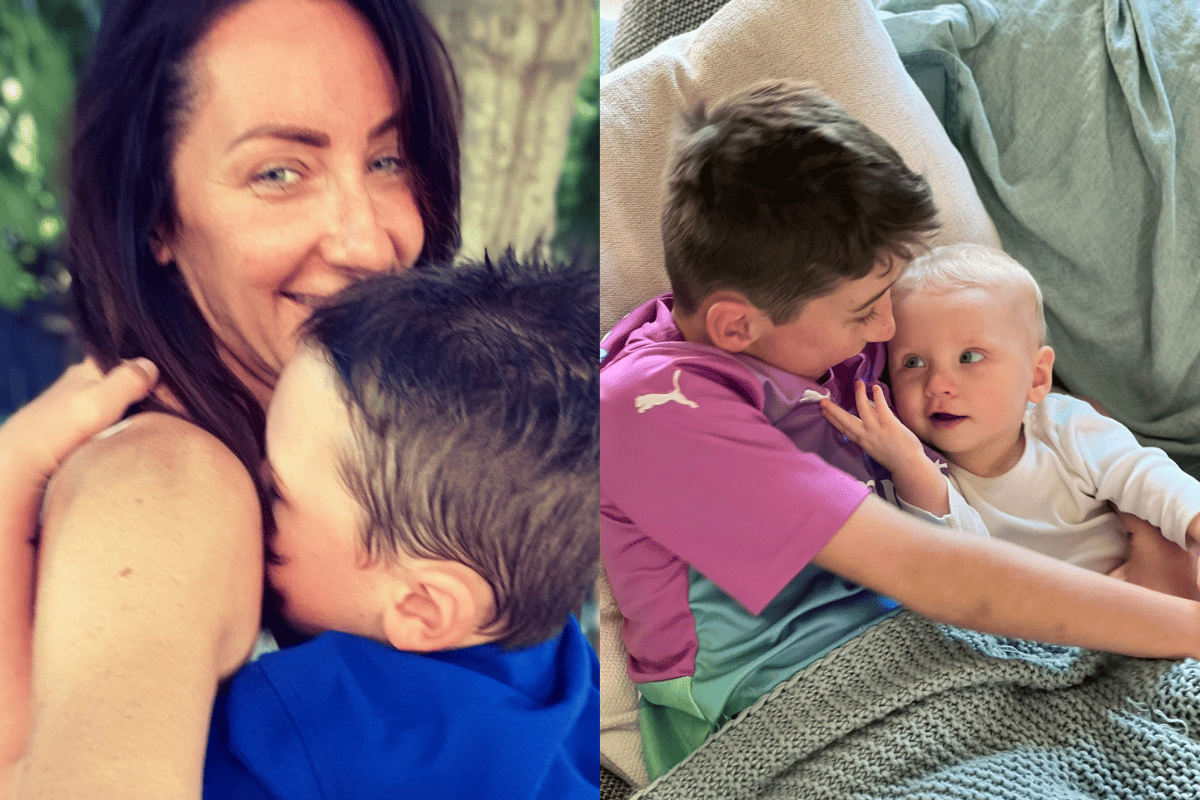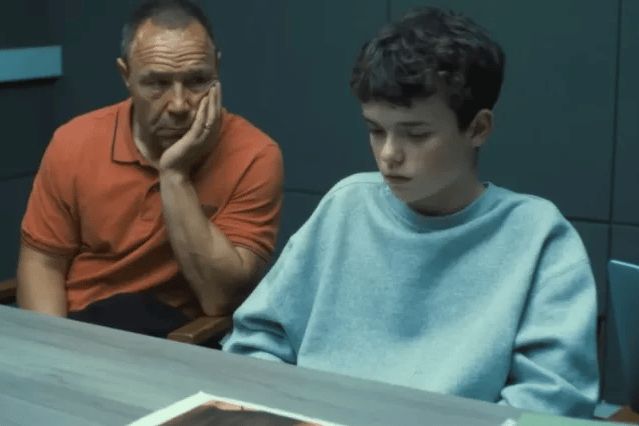
This post contains spoilers.
"Sorry, I should've done better."
Those were the last words spoken by Jamie's father in the spine-tingling series everyone is talking about — Adolescence.
As I blubbered into my doona, I made a promise to myself that I would never have to say this to my son. I ran into his room, sat on the end of his bed and asked him questions I'd never thought to ask before. Here's what I know…
Watch: The trailer for Adolescence. Post continues below.
The most powerful aspect of this brilliant piece of social commentary that's been overlooked, is the absence of the "obvious, traumatic thing" which usually pushes someone to murder.
In a very realistic contrast, the depiction of layered, subtle factors contributing to an unfathomable crime is the wake-up call our society needs.
To be honest, I've been jolted into action. It's ignited the detective in me and made me wonder what our boys are experiencing, in secret, right under our noses. In the case of the main character, Jamie, (based on a true story), it's uncovered during his session with his assigned female psychologist, that he's grappling with a deep sense of yearning to be accepted for who he is.





























































































